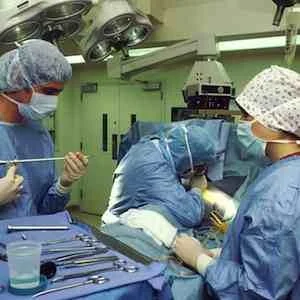Clare Marx, the first female president of the Royal College of Surgeons (RCS) believes that significant gender inequality exists in surgery. However, she pointed out that this culture is changing and the change is reflected in the growing number of women entering the field of medicine.
Ms. Marx pointed out that one cannot change a culture by telling people what to do. Laying down the rules won't work but showing people how the change can be implemented without dictating it is a more effective strategy.
"We have started an emerging leaders programme, which is a pilot, and what we've done is put out applications to women who are interested in leadership, and from the applications we're trying to bring them into the college and talk to them about their futures - their leadership roles - and their various issues about their career." Ms. Marx also said that there is a need to focus on developing women's careers in surgery.
With only 800 female surgical consultants in Europe, women have a very low representation in this medical field. The increase has been consistent but gradual. A survey conducted in 2013 revealed that 68 percent of the female respondents believed surgery was not a very welcoming career. Another research by Exeter University suggests that women may be discouraged to enter surgery because there are very few female role models. The RCS thinks that the length of training to become a surgeon (around eight years after graduating from medical school) may also put women off this particular segment, especially for those who want to have children.
Ms. Marx cautions that it is important to distinguish between claims of sexism and humorous banter. "We have to be very careful that there isn't a confusion between a manner of speaking and something that is rightly offensive," she said.
Source: BBC Health
Image Credit: Freestockphotos


![Tuberculosis Diagnostics: The Promise of [18F]FDT PET Imaging Tuberculosis Diagnostics: The Promise of [18F]FDT PET Imaging](https://res.cloudinary.com/healthmanagement-org/image/upload/c_thumb,f_auto,fl_lossy,h_184,q_90,w_500/v1721132076/cw/00127782_cw_image_wi_88cc5f34b1423cec414436d2748b40ce.webp)







